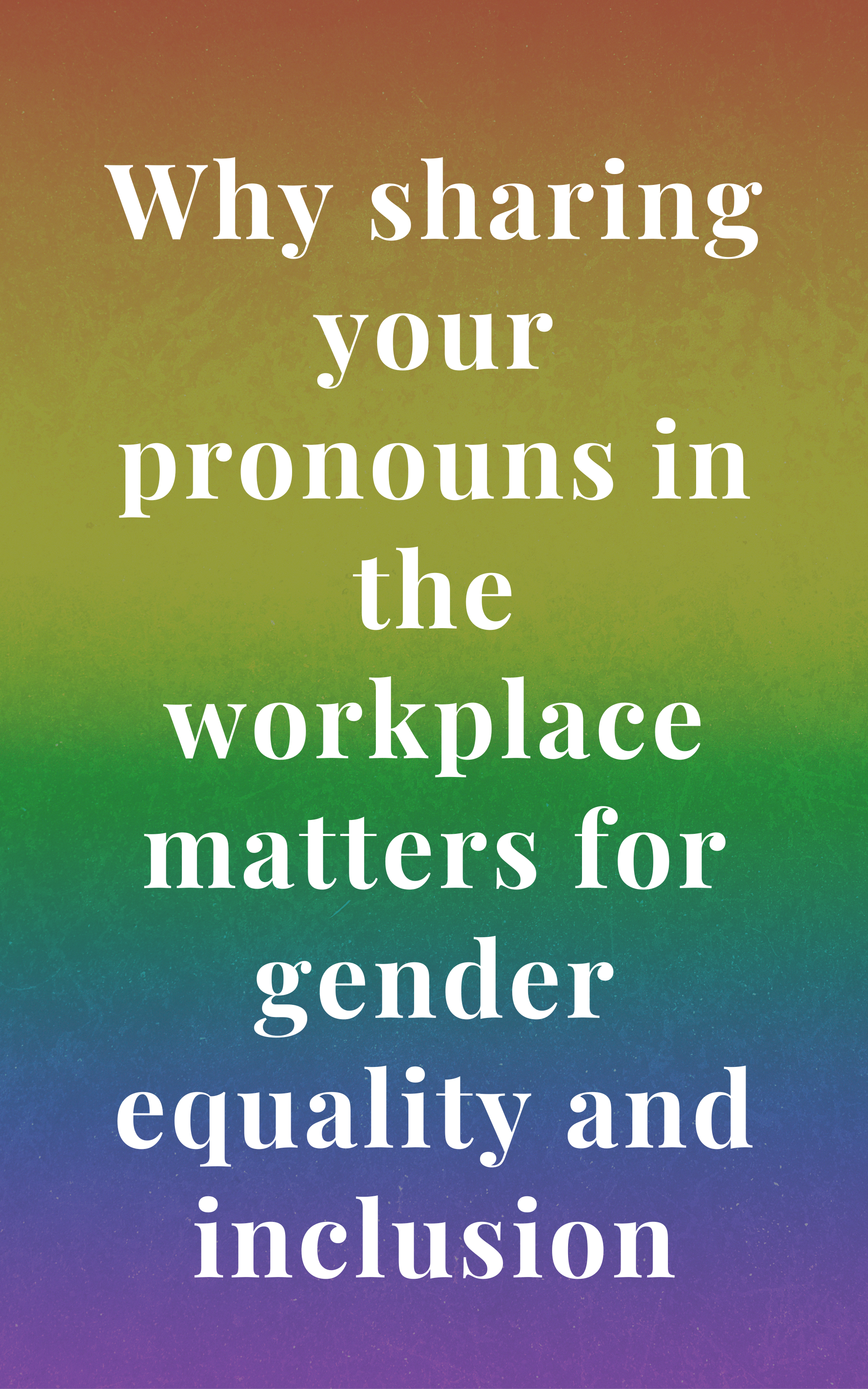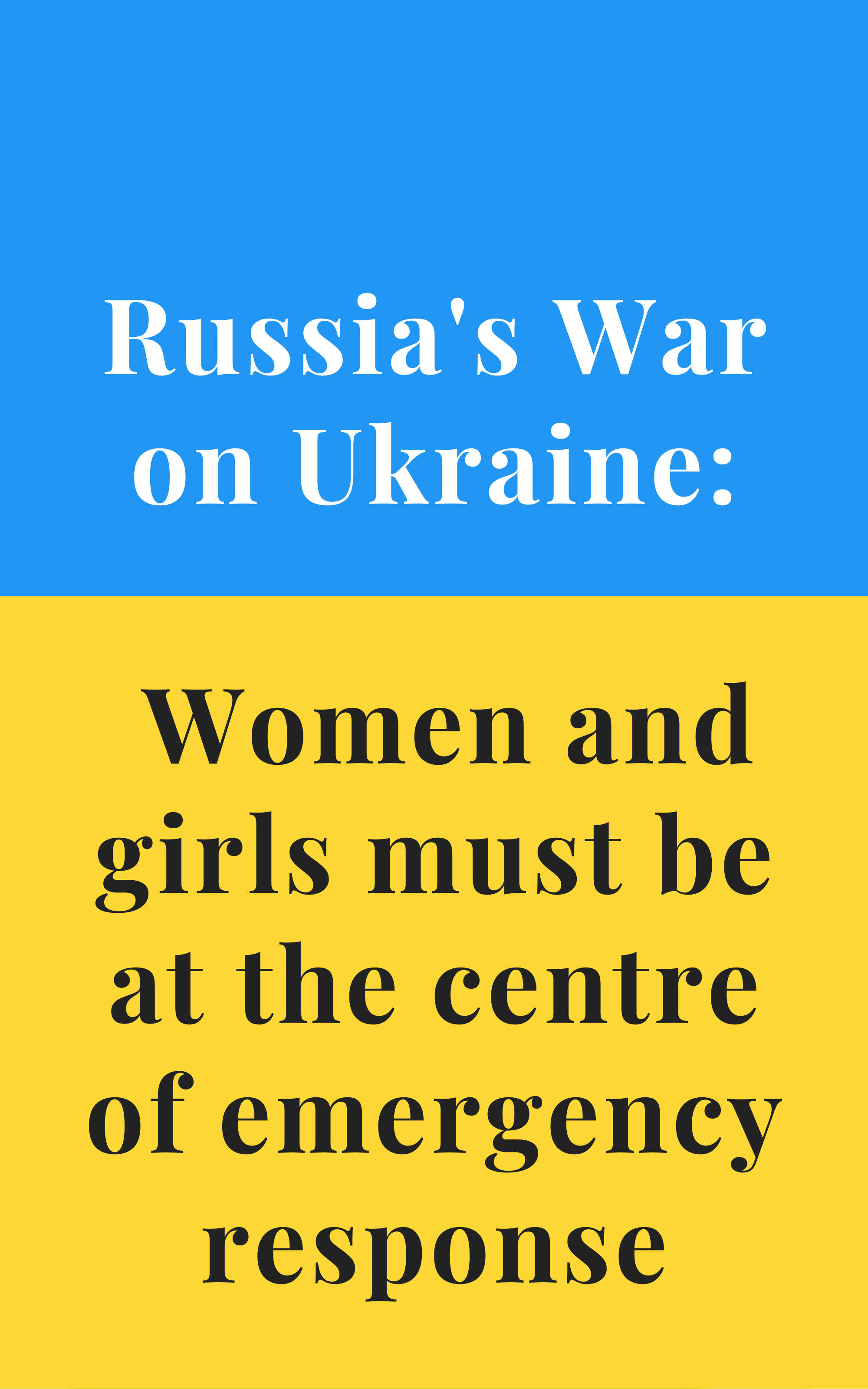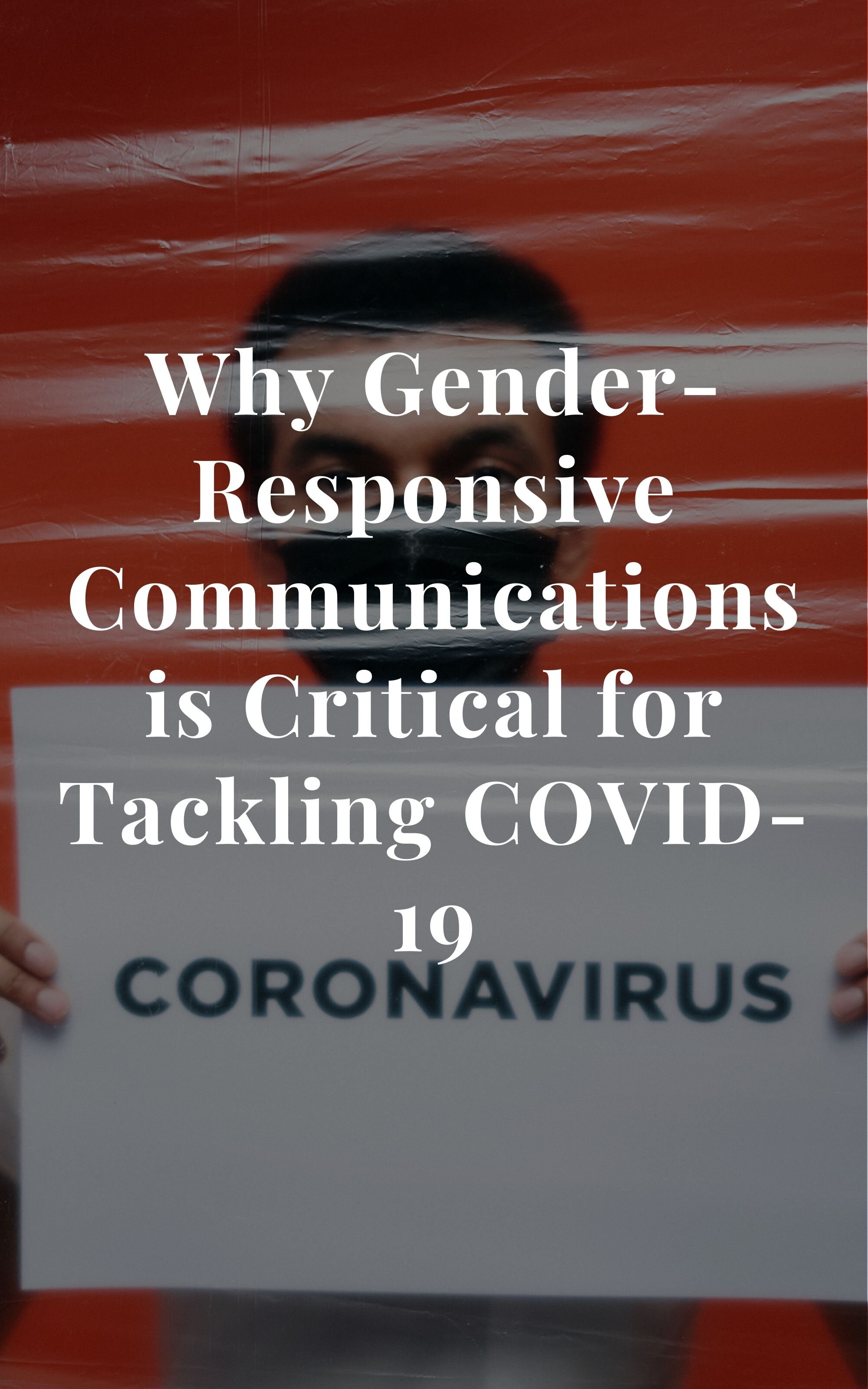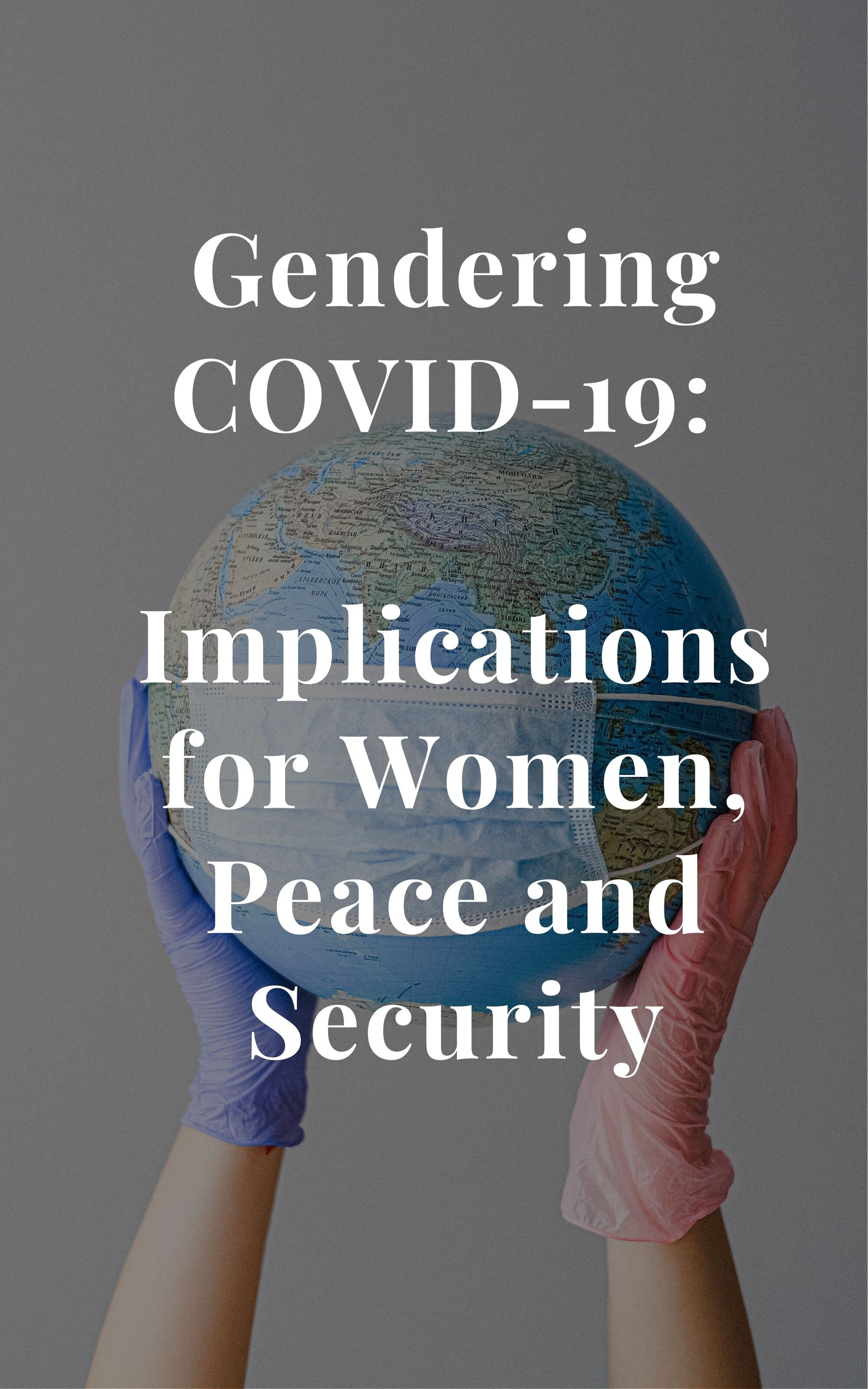
Why Gender Advisors Can't Transform Organizations Alone
Organizations invest heavily in gender equality initiatives - action plans, policies, training programs - yet struggle to achieve lasting change. This article explores a critical gap: gender advisors are left to drive transformation alone while leadership lacks the skills to support them. Drawing on 15 years of experience across international development, NGOs, and companies, I argue that success requires building gender-responsive leadership capacity across all organizational levels. This piece outlines the core competencies needed, demonstrates the tangible benefits, and provides a practical framework for moving from delegation to genuine transformation.

Why Organisations Need Gender-Responsive Communication: Strategic Benefits That Drive Results
Gender-responsive communication has become essential for modern organisations seeking to improve decision-making, attract diverse talent, and build stakeholder trust. This comprehensive guide explores what gender-responsive communication is, identifies common communication gaps that limit organizational impact, and details the tangible transformations that occur when organizations prioritize inclusive communication practices. Whether you lead a nonprofit, public agency, healthcare organisation, or corporation, discover how developing these strategic communication skills can enhance your organisational effectiveness and mission impact.

Why Self-Compassion Is Your Most Strategic Leadership Tool: A Guide for High-Impact Professionals
What if the key to sustained performance in high-stress work wasn't pushing harder, but relating differently to difficulty? This comprehensive guide explores mindful self-compassion as a strategic leadership tool for humanitarian workers, healthcare providers, and social justice professionals. Learn the three core components of self-compassion, discover why it enhances decision-making under pressure, and explore practical applications for preventing compassion fatigue. Includes research-backed evidence and debunks five common myths keeping high-achievers from developing this critical resilience skill.

Gender Lens on Gaza: How to deliver gender-responsive humanitarian action in the absence of humanitarian space?
As the conflict in Gaza has escalated, so has the suffering of women, girls and those most marginalized. Women, men and people with diverse gender identities are affected in different ways due to prevailing gender norms, roles and relations that impact the risks and vulnerabilities people face and the capacities they have, during peacetime and in war. In emergencies and crises, gendered impacts are further exacerbated. In the absence of humanitarian space, gender-responsive and inclusive humanitarian response is elusive. Immediate humanitarian ceasefire and establishment of humanitarian access to facilitate entry of critical assistance, including water, food, fuel and medical supplies is paramount for saving lives and protecting those most vulnerable.

Why sharing your pronouns in the workplace matters for gender equality and inclusion
Sharing your personal pronouns in the workplace is a simple yet powerful way to help create more equal, equitable and inclusive work environments. Sharing and using correct pronouns is not insignificant – although it might feel that way if you have always lived as a cis-gender person whose pronouns have gone unquestioned.
By taking small actions we can have a big impact on people’s lives and overall organisational cultures. Sharing pronouns is an easy yet meaningful way to show solidarity with gender-diverse and gender non-conforming people and help create safer spaces for all.

Russia’s War on Ukraine: Women and girls must be at the centre of emergency response
Women, men and gender-diverse people are differently impacted and face specific vulnerabilities as the conflict continues to escalate to a humanitarian disaster of unspeakable proportions.
This is why it’s essential that a gender perspective guides the emergency response in Ukraine from the very beginning. The rights of women, girls and those most vulnerable, need to be at the centre of international humanitarian response.

“Just waiting for what will happen” - What’s next for Afghan women?
Taleban high officials have communicated that they plan to “uphold women’s rights” and allow women to work and girls to go to school within “certain limitations” which they still refuse to define. Only time will tell what exactly will happen to women in Afghanistan, but based on current signals, the future looks bleak, with women and their rights being repressed yet again.

Women and girls are paying the highest price for Afghanistan’s collapse
The Taliban conquered the capital in less than a day as government troops surrendered and internationals evacuate their staff from embassies and international organisations. Supposedly, a “peaceful” transition government is being negotiated.
However, there is nothing “peaceful” about life under Taleban rule, especially for women, girls and those most vulnerable. Afghan women and girls will be paying the highest price for Afghanistan’s collapse.

“Male privilege pervades” Global health still delivered by women and led by men
While women continue to deliver global health, men largely design and lead it. The lack of women’s meaningful participation at all levels of COVID-19 preparedness and response continues to further exacerbate existing inequalities.


Risk period: How COVID-19 affects the rights and health of people who menstruate
Period poverty is real, and its consequences even more stark during the current COVID-19 crisis. Around 1.8 billion girls, women, and non-binary persons menstruate, yet millions of people across the world cannot manage their monthly cycle in a dignified, healthy way.

How to handle resistance to gender mainstreaming
For anyone working in the field of gender mainstreaming, resistance is likely something you have encountered more than once. Resistance to gender mainstreaming manifests in various ways and is often caused by multiple factors - the first step to tackling resistance is to understand what’s driving it.

Why Gender Matters for Universal Health Coverage
Achieving universal health coverage is possible, and gender equality and women’s empowerment are key to delivering it.

Why gender-responsive communications is critical in tackling COVID-19
COVID-19, like all health emergencies, is not gender-neutral, and neither should the global health response be. Many of the official strategies and guidelines tackling the current novel coronavirus crisis are uninformed by gender analysis, despite existing evidence of the impact of gender norms, roles and relations on health emergencies. Gender-informed approaches in COVID-19 –related communications are also largely missing.

Gendering COVID-19: Implications for Women, Peace and Security
Pandemics, like all public health crises, are inherently gendered phenomena, COVID-19 being no exception. Despite existing research highlighting critical links between gender and health emergencies, outbreak preparedness and response efforts remain largely gender-blind, and the gendered nature of pandemics such as the current COVID-19 crisis is consequently left unexplored and without effective interventions.
